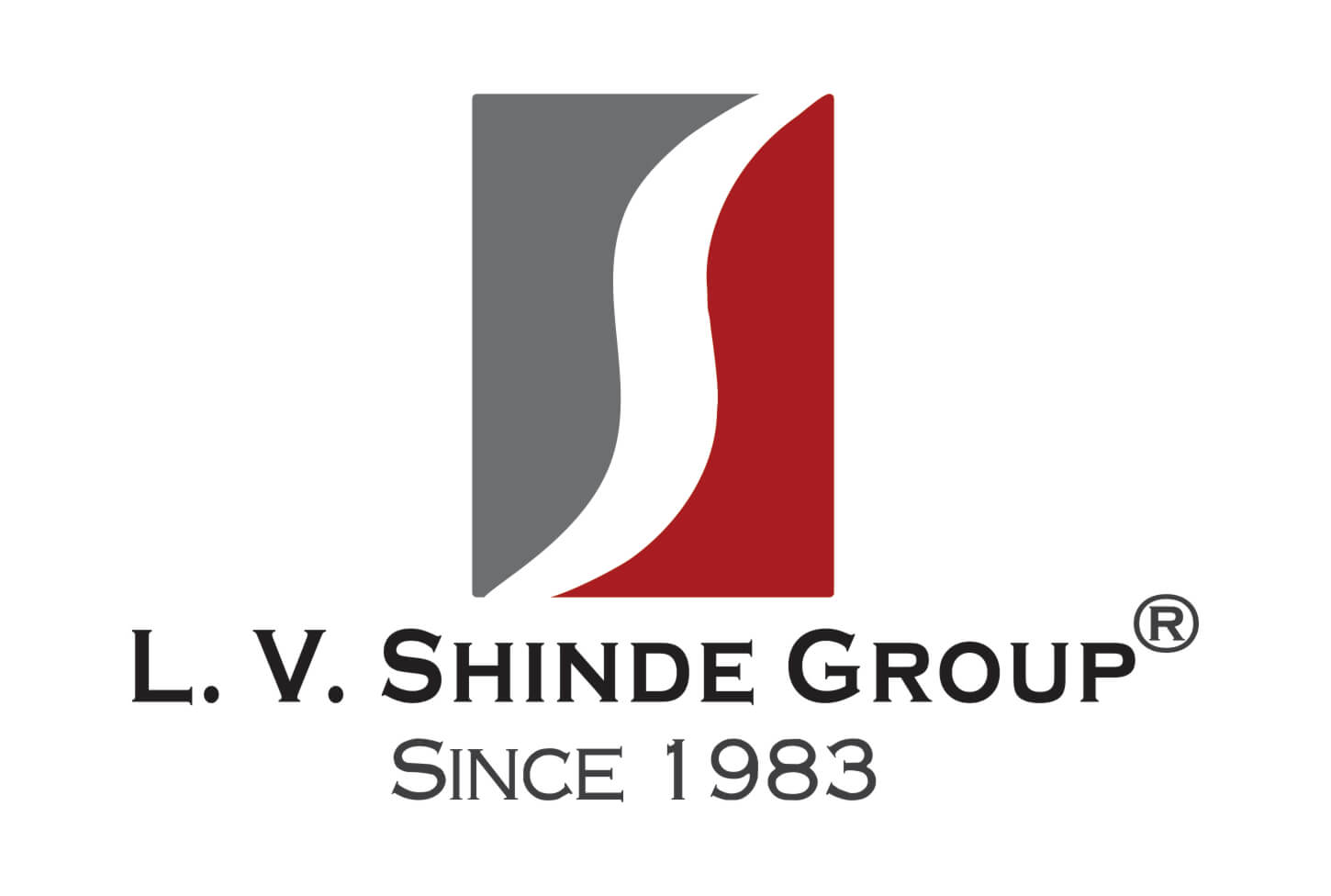Integrated Facilities Management for Healthcare: Best Practices and Benefits
The healthcare industry is among the most complex and rapidly evolving sectors, requiring specialized care to meet the needs of patients. Healthcare facilities management plays a critical role in supporting healthcare operations, ensuring that healthcare facilities are functioning optimally, and patient care is not compromised. Integrated facilities management (IFM) has emerged as a game-changer in the healthcare sector. IFM consolidates multiple services, including maintenance, security, cleaning, and catering, among others, into a single management structure, resulting in efficient and effective healthcare facility management.
What Is Integrated Facilities Management?
IFM is an approach to facilities management that fuses several different services and functions, typically delivered by multiple contractors, into a single, integrated management structure. This approach provides a one-stop shop for facilities management, where a single contractor manages all the necessary services under one roof.
Related Blog: What is Integrated Facility Management Services? The Best Way to Organize Your Workspace!
What Is Healthcare Facility Management?
Healthcare facility management refers to the maintenance and oversight of a healthcare facilities’ development, maintenance, security, and operations. It covers a wide range of services, including infrastructure management, maintenance of medical equipment, cleaning and sanitation, and overall management of healthcare operations. Healthcare facility management ensures that healthcare facilities are running smoothly and that patients receive quality care in a safe and clean environment.
The function of Healthcare Facilities Management
The function of healthcare facilities management is to ensure that healthcare facilities operate effectively and efficiently, meeting the needs of patients and staff. Some of the key functions of healthcare facilities management include:
- Infrastructure Management: Managing the physical infrastructure of healthcare facilities, ensuring that it is safe, functional, and meets regulatory requirements.
- Maintenance of Medical Equipment: Ensuring that medical equipment is properly maintained, functioning optimally, and meets regulatory requirements.
- Cleaning and Sanitation: Ensuring that healthcare facilities are clean and safe for patients, staff, and visitors.
- Facility Operations: Managing day-to-day facility operations, including security, catering, and waste management.
- Compliance: Ensuring that healthcare facilities meet regulatory requirements, standards, and guidelines.
Benefits of Integrated Facilities Management for Healthcare Facilities
IFM provides numerous benefits to healthcare facilities, including:
- Improved Patient Satisfaction and Outcomes: IFM creates a clean and safe environment for patients and staff, which can lead to improved patient satisfaction and outcomes. A well-maintained facility provides a positive patient experience, which can lead to better health outcomes.
- Increased Operational Efficiency and Cost Savings: IFM can streamline processes and procedures, reducing waste and energy consumption, which can lead to increased operational efficiency and cost savings.
- Streamlined Processes and Procedures: IFM can streamline processes and procedures, reducing waste and increasing efficiency.
- Reduced Waste and Energy Consumption: IFM can reduce waste and energy consumption, leading to cost savings.
Enhanced Regulatory Compliance
IFM can enhance regulatory compliance by ensuring that healthcare facilities meet industry standards and regulations.
- Meeting Industry Standards and Regulations: IFM can ensure that healthcare facilities meet industry standards and regulations, reducing the risk of non-compliance.
- Mitigating Risk and Liability: IFM can mitigate risk and liability by ensuring that healthcare facilities meet regulatory requirements.
Best Practices for Implementing IFM in Healthcare
Implementing IFM in healthcare facilities requires careful planning and execution. Some best practices for implementing IFM in healthcare include:
- Assess Facility Needs: Before implementing IFM, healthcare facilities should assess their needs and identify areas where IFM can provide the most significant benefit.
- Develop a Comprehensive Plan: Healthcare facilities should develop a comprehensive plan for implementing IFM, including a timeline, budget, and key performance indicators (KPIs).
- Select the Right Provider: Healthcare facilities should select a provider with experience in IFM and a proven track record of delivering quality services.
- Train Staff: Healthcare facilities should train staff on the new IFM procedures and processes to ensure a smooth transition and successful implementation of IFM. Staff training should cover areas such as safety procedures, equipment usage, and data management protocols.
- Communicate Effectively: Healthcare facilities should establish effective communication channels between all stakeholders involved in IFM implementation, including administrators, facility managers, staff, and vendors. Regular communication can help ensure that everyone is on the same page and can identify and address any issues that arise quickly.
- Establish SLAs: Healthcare facilities should establish clear service level agreements (SLAs) with vendors and service providers. These SLAs should outline the scope of services, performance expectations, and metrics for evaluating service quality.
- Utilize Technology: Healthcare facilities should leverage technology to streamline IFM processes and procedures. This can include implementing a computerized maintenance management system (CMMS) to manage work orders and track equipment maintenance, using IoT sensors to monitor and control building systems, and leveraging data analytics tools to identify areas for improvement.
By following these best practices, healthcare facilities can successfully implement IFM and achieve the many benefits it offers.
Challenges for Integrated Facilities Management in Healthcare
Implementing IFM in healthcare can be challenging due to the unique and complex nature of healthcare facilities. Some of the challenges that healthcare organizations may face when implementing IFM include:
- Resistance to change: Healthcare facilities have well-established processes and systems in place, and any change to these processes can be met with resistance from staff.
- Budget constraints: Implementing IFM requires investment in technology, training, and equipment, which can be a challenge for healthcare facilities operating on tight budgets.
- Compliance requirements: Healthcare facilities are subject to a variety of regulations and compliance requirements that can make it challenging to implement new processes and procedures.
- Data management: IFM generates a lot of data, which can be difficult to manage and analyze, particularly for organizations that do not have a dedicated data management system.
- Service level agreements: Implementing IFM requires clear service level agreements (SLAs) with vendors and service providers, which can be challenging to negotiate and manage.
- Technology integration: Integrating different systems and technologies can be complex, particularly when dealing with legacy systems.
Addressing these challenges requires careful planning, collaboration, and communication between stakeholders, including healthcare administrators, facility managers, and staff.
Conclusion
IFM offers a wide range of benefits for healthcare facilities, including improved patient outcomes, increased operational efficiency, and enhanced regulatory compliance. To achieve these benefits, healthcare organizations must take a strategic approach to IFM implementation, focusing on key best practices such as effective communication, strong vendor relationships, and data-driven decision-making. By overcoming the challenges associated with IFM, healthcare organizations can create safer, more efficient, and more sustainable facilities that support better patient care and outcomes.
If you are interested in learning more about integrated facilities management for healthcare facilities, contact Supreme Facility Management today. Our team of experts can help you develop and implement a customized IFM strategy that meets your unique needs and goals.


